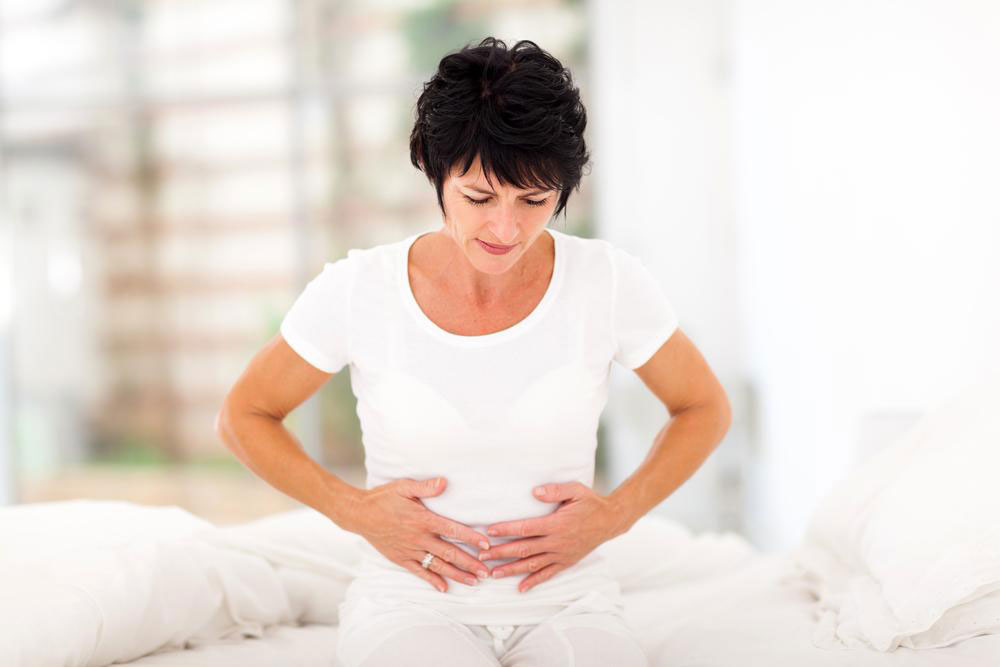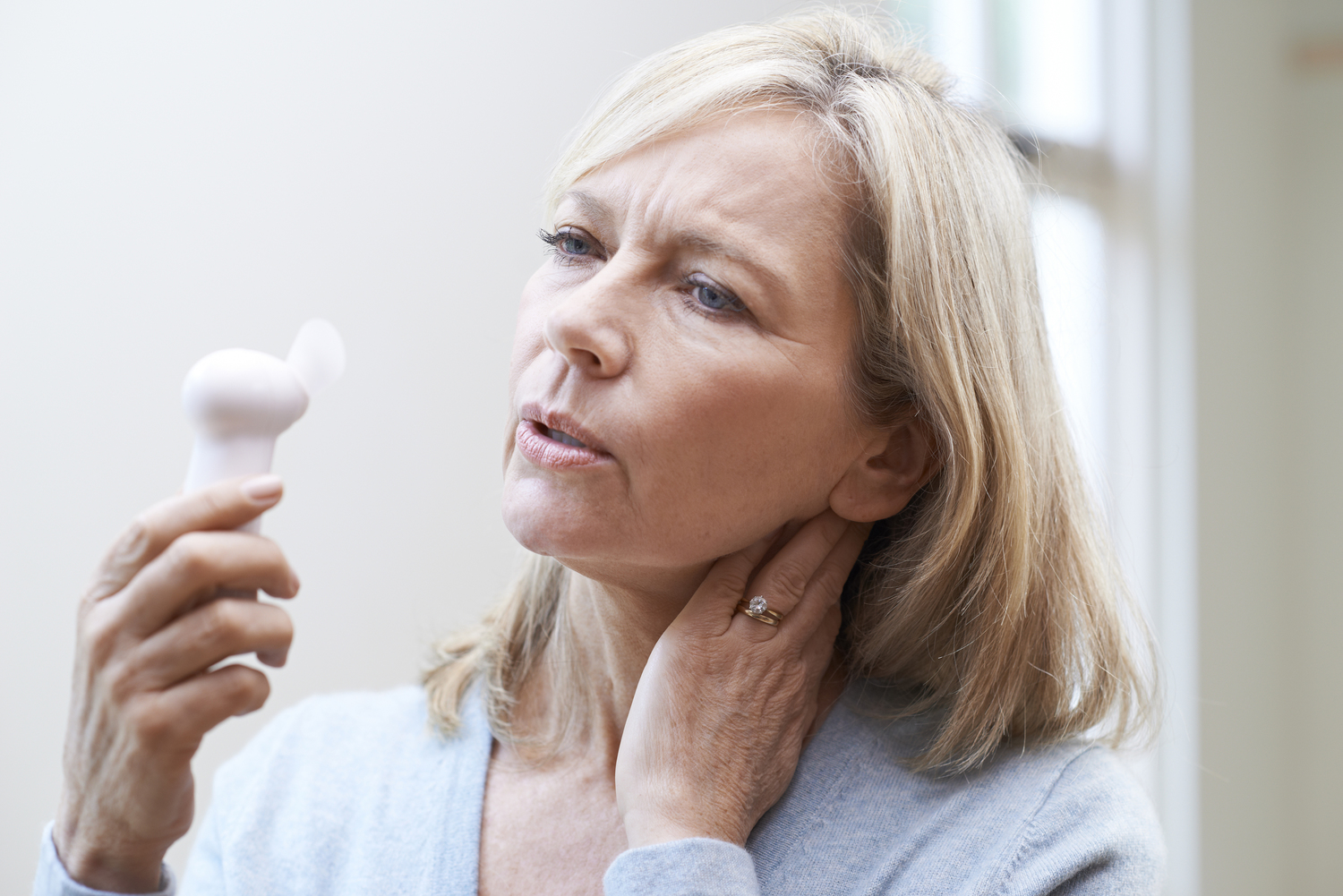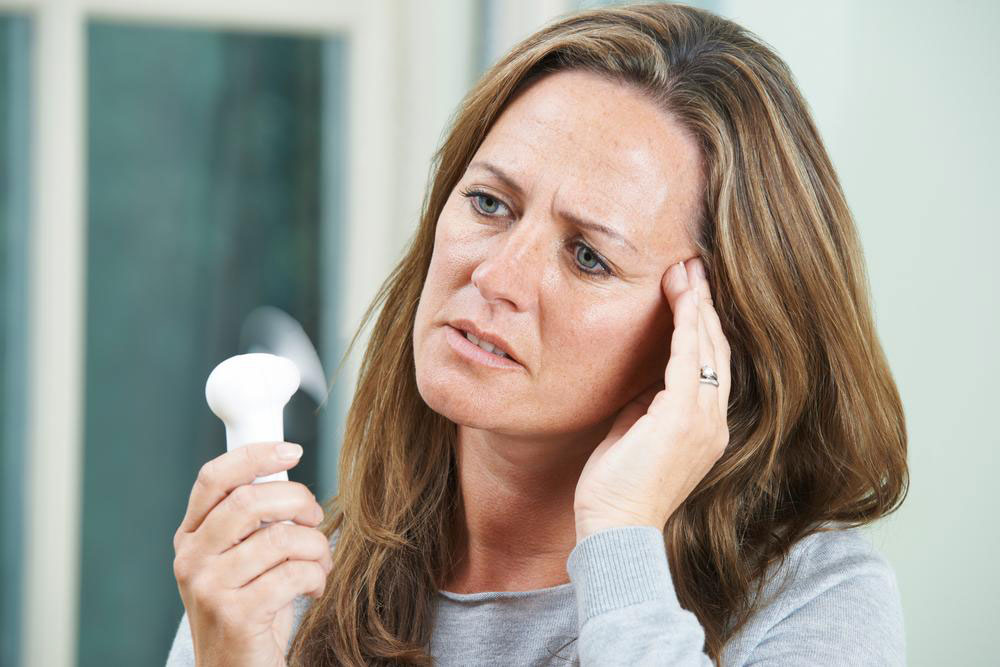Comprehensive Guide to Recognizing and Managing Menopause Symptoms
This comprehensive guide explores the various symptoms of menopause, including hot flashes, irregular periods, and mood swings. It offers practical advice on managing these changes through lifestyle adjustments and medical treatments, empowering women to navigate menopause confidently and healthily. Learn about the signs, symptoms, and effective strategies to improve your quality of life during this natural transition.

Comprehensive Guide to Recognizing and Managing Menopause Symptoms
As women transition through the natural stages of aging, many encounter the complex and often challenging phase known as menopause. This period marks a significant change in hormonal balance, primarily characterized by the decline in estrogen levels, which impacts various bodily functions. Recognizing the symptoms associated with menopause is crucial for effective management and maintaining a good quality of life during this phase.
Typically, women in their late 40s to early 50s begin to notice noticeable changes in their menstrual cycles. Irregular periods become more common, with the intervals between cycles lengthening and the flow fluctuating from heavy to light. These menstrual irregularities are often the first sign that menopause is approaching or has begun, signaling an ongoing transition that can last anywhere from several months to multiple years.
During this transition, women may experience a wide array of physical and emotional symptoms, including hot flashes, night sweats, irritability, and fatigue. Hot flashes are sudden feelings of warmth that spread throughout the upper body, often accompanied by sweating and skin redness. These episodes can significantly disrupt daily routines and sleep patterns, leading to fatigue and decreased overall well-being.
Beyond the well-known hot flashes, women might observe changes such as breast tenderness, swelling, and skin redness, as well as emotional fluctuations like mood swings, anxiety, and depression. Some women also face physical changes such as decreased libido, weight gain, especially around the abdomen, and bloating, which can contribute to discomfort and self-consciousness.
Understanding that these symptoms are part of a natural biological process can help women cope better, but it is equally important to adopt effective management strategies. Lifestyle modifications, including regular physical activity, balanced nutrition, adequate sleep, and stress management techniques, can play a crucial role in alleviating many menopausal symptoms.
For those experiencing severe or persistent symptoms that interfere with daily life, healthcare professionals can offer various treatment options. Hormone replacement therapy (HRT) is one of the most effective methods to reduce hot flashes, night sweats, and other menopausal discomforts. Alternative therapies, such as herbal supplements, acupuncture, and mindfulness practices, have also shown benefit for some women.
In addition, medical guidance is essential for monitoring overall health during menopause. Routine screenings for bone density, cardiovascular health, and other age-related conditions should be prioritized to ensure overall well-being. Educating oneself about menopause, understanding the potential symptoms, and seeking appropriate medical support can empower women to navigate this transition smoothly and maintain a healthy, active lifestyle.





